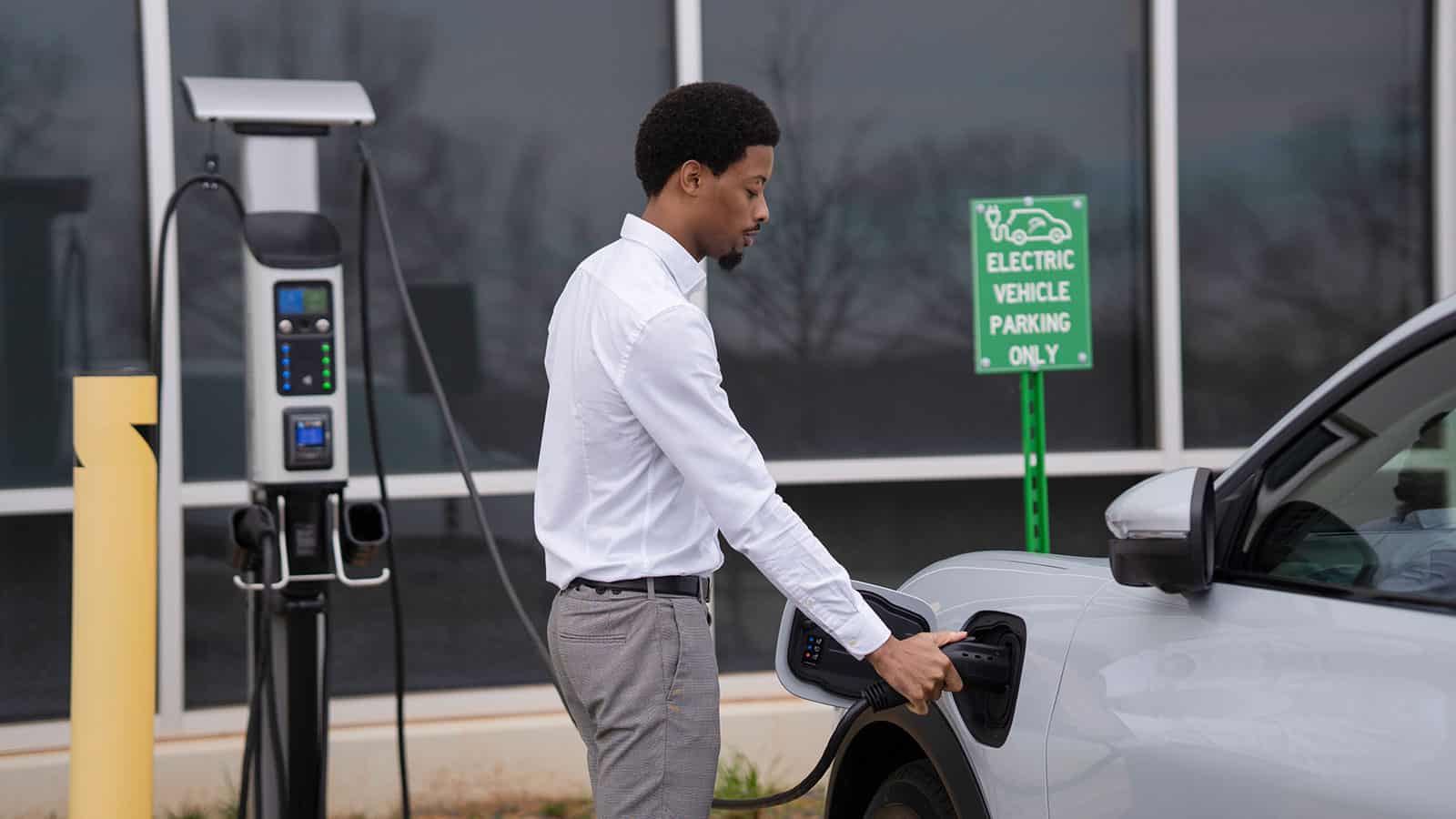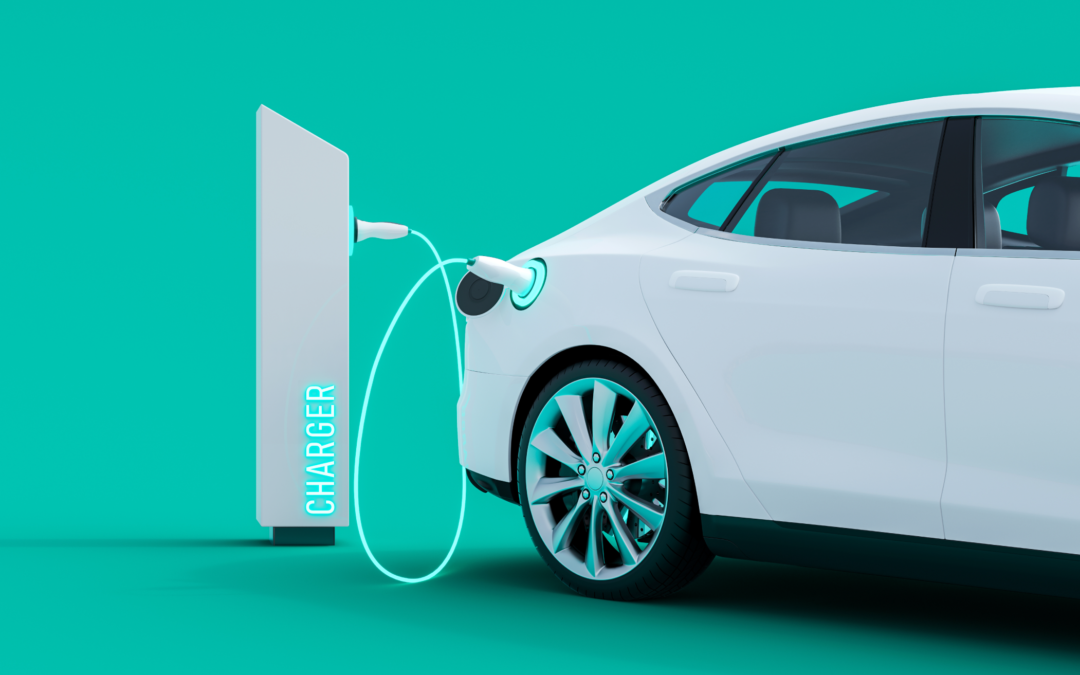Latest Trends and Insights You Need to Know Before You Buy EV Charging news
Latest Trends and Insights You Need to Know Before You Buy EV Charging news
Blog Article
Leading EV Charging Information: Secret Updates on Framework and Development

Recent Improvements in Fast-Charging Technology

Moreover, improvements in battery modern technology, including boosted thermal administration systems and higher power thickness batteries, enhance fast-charging capacities. These developments mitigate the danger of battery degradation throughout quick charging, making certain durability and efficiency for EV proprietors.
In addition, the combination of wise charging services is boosting individual experience, enabling real-time tracking and vibrant pricing versions. EV Charging news. This versatility allows chauffeurs to maximize charging prices and times based on grid need
As car manufacturers proceed to invest in fast-charging networks, the collaboration in between industry stakeholders is essential. Partnerships in between charging station companies and automobile suppliers are leading the means for comprehensive protection, inevitably fostering a more durable EV ecosystem. These improvements are pivotal in supporting the change to lasting transport.
Federal Government Campaigns for Charging Expansion
Federal government campaigns play an important role in the development of electrical lorry (EV) billing infrastructure, assisting in the change to sustainable transportation. Various government and state programs are being implemented to boost charging ease of access, decrease the monetary concern on customers, and promote the adoption of electrical lorries.
Significantly, the U.S. government has allocated considerable financing through the Framework Financial Investment and Jobs Act, which sets aside $7.5 billion for EV billing network advancement across the nation. This funding is targeted at releasing hundreds of brand-new billing terminals, especially in underserved areas, consequently addressing variety stress and anxiety amongst prospective EV customers.
In addition, countless states are passing regulations to improve the allowing process for charging station installments, which is vital for accelerating deployment. Rewards such as tax obligation credit histories and refunds for both customers and companies are additionally being introduced to encourage the setup of charging facilities.
Furthermore, public-private partnerships are significantly coming to be a focus, leveraging exclusive investment to match federal government funding. These campaigns emphasize a collaborative strategy important for developing a thorough and effective EV billing network, eventually contributing to a greener and even more lasting future.
Cutting-edge Battery Solutions Enhancing Efficiency
Changing the landscape of electrical automobile (EV) modern technology, ingenious battery solutions are find out substantially enhancing effectiveness and performance. Advancements in battery chemistry, particularly with lithium-sulfur and solid-state batteries, are causing enhanced power density, which enables for longer arrays and faster billing times. These new battery kinds have the prospective to outmatch typical lithium-ion batteries by offering greater capabilities while decreasing weight, thus enhancing overall lorry efficiency.
Furthermore, advancements in battery management systems (BMS) are optimizing power usage and prolonging battery life-span. Smart algorithms keep an eye on battery health and performance, enabling real-time changes to charging and discharging procedures. This not just improves the efficiency of the battery but additionally makes certain a more dependable and lasting power resource for EVs.
Moreover, the combination of reusing technologies is resolving the ecological effect of battery manufacturing and disposal. Developments in second-life applications for EV batteries are promoting their use in power storage systems, adding to a round economy.
As these ingenious battery solutions continue to advance, they guarantee to transform the EV market, making electrical lorries extra attractive and available to a more comprehensive audience while sustaining international sustainability objectives.

Collaboration In Between Automakers and Charging Networks
Acknowledging the important requirement for a robust charging framework, car manufacturers are progressively working together with billing network suppliers to improve the EV possession experience (EV Charging news). These collaborations aim to create a smooth billing ecosystem that profits consumers and sustains the transition to electrical cars
Significant automotive brand names are signing up with forces with well-known billing networks to broaden their billing station insurance coverage, ensuring vehicle drivers have access to trusted and practical billing choices. For example, collaborations with networks like ChargePoint and Electrify America enable automakers to incorporate charging remedies directly right into their lorries' navigation systems, guiding individuals to go to these guys the nearby stations and providing real-time accessibility updates.
Moreover, these collaborations commonly cause the development of fast-charging technologies that substantially minimize the moment required to recharge an EV. By merging resources and expertise, automakers and billing networks can innovate quicker, producing solutions that meet the growing need for electrical mobility.
Additionally, joint campaigns might additionally lead to even more standardized charging protocols, which can ease consumer confusion and advertise wider EV adoption. In general, these calculated partnerships are crucial in developing a straightforward and efficient billing facilities that fulfills the requirements of a broadening electrical vehicle market.
Difficulties Dealing With EV Billing Infrastructure
As the electrical lorry market proceeds to expand, numerous difficulties are surfacing that impede the growth of an extensive charging framework. One of the key challenges is the not enough number of charging stations, particularly in rural and underserved metropolitan locations. This void produces range anxiety amongst prospective EV buyers, hindering them from making the button.
Furthermore, the lack of standardization top article in charging modern technology complicates the facilities landscape. Variations in plug kinds and charging rates can create complication for customers and increase functional intricacies for charging network operators.
Another pressing issue is the high cost related to the setup and maintenance of charging stations, which can be a barrier for both public entities and personal businesses. Finally, governing hurdles and zoning restrictions can delay the deployment of charging facilities, restraining progress in expanding essential solutions. Attending to these obstacles will certainly be critical for cultivating a robust EV environment that sustains the shift to sustainable transport.
Conclusion
Finally, the continuous developments in EV billing technology, sustained by substantial government campaigns and cutting-edge battery remedies, are essential for the expansion and effectiveness of electric vehicle infrastructure. Collaborations between car manufacturers and charging service providers even more improve terminal insurance coverage, addressing the growing demand for available charging alternatives. Regardless of challenges that persist within the EV charging landscape, these developments symbolize a positive trajectory in the direction of a more reliable and sustainable electrical vehicle ecological community.
Innovations in charging facilities have actually led to the advancement of ultra-fast chargers capable of supplying up to 350 kW of power, significantly decreasing charging times. Variations in plug types and charging rates can create complication for individuals and increase operational complexities for charging network drivers.In final thought, the continuous innovations in EV billing technology, sustained by significant federal government campaigns and innovative battery options, are vital for the expansion and efficiency of electrical vehicle infrastructure. Partnerships between automakers and charging providers further enhance terminal insurance coverage, resolving the expanding demand for obtainable billing options. Despite difficulties that continue within the EV charging landscape, these advancements represent a positive trajectory towards a much more lasting and effective electric car ecosystem.
Report this page